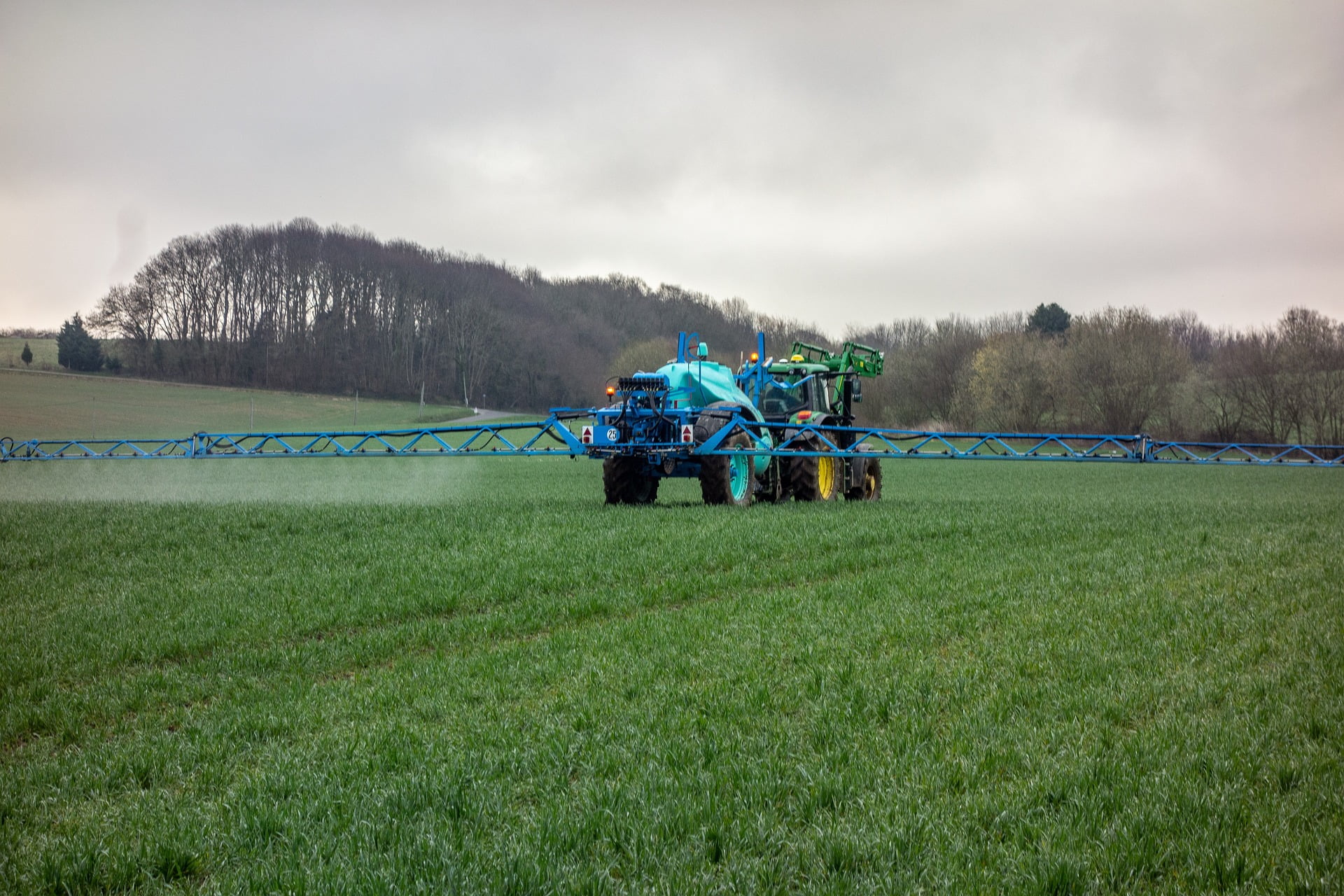potassium polyaspartate
CAS No.: 64723-18-8
Synomyms:
Polymer of potassium L-aspartate;
L-Aspartic acid, homopolymer, potassium salt;
Polyaspartic acid potassium salt;
Potassium polyaspartate is potassium salt of polyaspartic acid. It is used as fertilizer synergist in agriculture, stabiliser against tartrate crystal precipitation (anti-scaling additive) in wine.
Potassium polyaspartate can be used in agriculture, Features below:
1. Potassium polyaspartate, as a chelating agent and dispersant, promotes the uptake of nutrients and the growth of root hairs, thus improving plant resistance.
During plant growth, various types of micronutrients are required. With large-scale and high-intensity agricultural production, the fertility of the land has declined, and many of the micronutrients in the soil have also declined.
Unlike urea, a nitrogen fertilizer with excellent water solubility, all kinds of micronutrients are easy to combine and solidify with the soil, not easy to dissolve in water and not easy to absorb.
Potassium Polyaspartate is a kind of chelating agent and dispersant.
The use of chelating agent can complex many kinds of metal nutrients, forming water-soluble chelates to promote the absorption of plant nutrients. Dispersants can improve water-soluble.
2. Potassium polyaspartate has good compatibility with foliar fertilizers and pesticides. As an anionic polymerized amino acid, it can play the role of reducing surface activity, promote the wetting and dispersion of droplets on the leaf surface.
3.Potassium polyaspartate is a polymer-based dispersant and scale inhibitor, which reduces the potential for deposit scaling in drip and sprinkler irrigation systems.
4. Potassium polyaspartate, as an anionic polymer, has a good ion exchange capacity and helps to regulate soil pH and improve soil structure by adsorbing and releasing ions.
5. Potassium polyaspartate biodegrades well, and the degraded amino acids and other substances can also be absorbed and utilized by plants.
It is environmentally friendly and non-toxic. High purity powder product is approved to be used as an additive for red wine in the European Union.
Technical Data:
| 40% solution | powder | |
| Appearance | Brown liquid aqueous solution | brown odourless powder |
| Solid component [%] | Min. 40 | Min. 92 |
| Solubility | Soluble in water | Very soluble in water |
| pH-Value at 25℃( 40% solution) | 7.5 to 10.5 | 7.5 to 10.5 |




